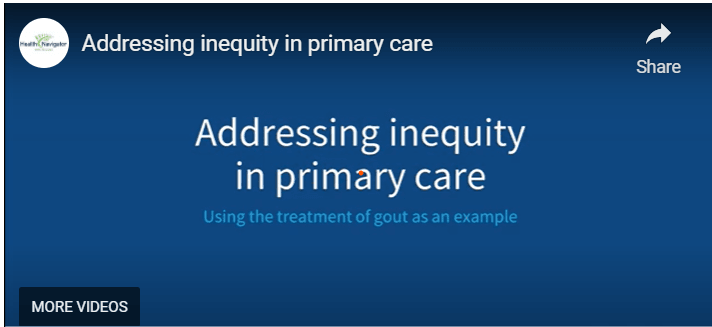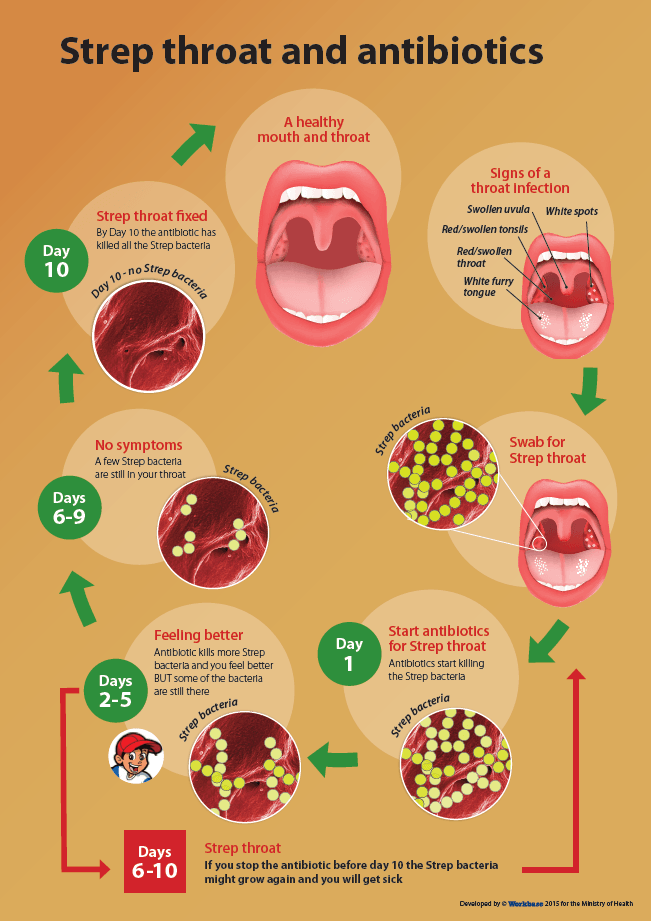Gout resources
Developed on behalf of Pharmac
Gout prevention and early detection
Gout is the most prevalent form of chronic arthritis in the world and yet it is the most treatable form of arthritis. The rate of gout in Māori is 2.5 times higher than European, with Māori men particularly affected.
We carried out research for the Ministry of Health to:
- identify how health literacy is a barrier and/or a facilitator in the prevention and early detection of gout
- highlight any interventions or approaches that may be effective in strengthening health literacy for Māori at risk of developing gout or who are living with the condition
- demonstrate ways to increase health literacy in order to improve outcomes associated with gout.
The research project found that people with gout, and some primary care health professionals, share the myth that gout is caused by consuming too much protein and alcohol. In fact, Māori and Pacific are at higher genetic risk of hyperuricaemia progressing to gout.
Health organisations and health professionals have a key role in building the health literacy of whānau about the prevention and early detection of gout.
Healthy weight in children
Developed for Counties Manukau District Health Board as part of the Raising Healthy Kids programme
Three steps to meeting health literacy needs - for the health workforce
Developed in partnership with the Health Quality & Safety Commission New Zealand, the Three steps are also known as Ask, Build, Check and are based on adult learning principles.
Self management support toolkit
As part of the Self management support toolkit we developed with Health Navigator for the Ministry of Health, Susan prepared this video which describes the equity issues in health care and how these might be addressed, using gout as an example.https://www.healthnavigator.or...
Gout is an interesting case because it is widely misunderstood and misrepresented in health care and the community, meaning people do not get effective preventative treatment. For instance, gout is perceived to be a condition caused by diet and therefore self-inflicted, when in fact for Maori and Pacific people (who are disproportionately affected by gout), it is a genetic condition which causes them to store high levels of uric acid no matter what they eat. While more likely to suffer from gout, Maori and Pacific people are less likely to be prescribed medicine which reduces uric acid levels, preventing gout attacks and long-term joint damage. Building an accurate understanding of gout and managing this long-term condition effectively are issues of equity in health care.

Kidney donors and recipients
As part of a Counties Manukau Health project to increase the number of live kidney donors, we developed written resources for the health workforce to use with potential donors and recipients when explaining the benefits and risks of live kidney donation as well as the process of donation. Focus groups and one-on-one interviews with donors and recipients as well as potential donors and recipients generated ideas about content and provided feedback on the draft resources. A reference group of health professionals provided advice about the clinical issues arising as the resources were developed. Feedback was also sought feedback from transplant coordinators around New Zealand as well as Kidney Health New Zealand and Kidney Society Auckland. Some of the resources can be accessed at: http://kidneydonor.org.nz
Rheumatic fever prevention and treatment
We supported the Ministry of Health's Rheumatic Fever Prevention Programme.
In 2015 we provided training for Healthy Homes Providers on how to use the
Key tips for a warmer, drier home toolkit with families.The workshops were designed to train a trainer in each provider who in turn would train their colleagues to use the toolkit and take a health literacy approach to working with families.
In 2014 we worked on antibiotic adherence as research found that adherence was poor with two thirds of children with strep throat not completing the ten day course of antibiotics prescribed, leading to further infections.
Families told us they knew that sore throats had the potential to cause rheumatic fever and were seeking diagnosis and treatment for children's strep throats as soon as possible. Most families had been told to administer antibiotics for ten days or until finished. However, families had not been told why it was important to finish the ten day course of antibiotics, or how antibiotics work over time to treat bacterial infections like strep throat. This made it more likely that antibiotics might be missed once a child feels well.
As a result, we developed explanations and a poster for health professionals to use to explain how antibiotics work over ten days to treat a strep throat. We also provided professional development for school nurses, public health nurses, community health workers and pharmacists about taking a health literacy approach in discussions with children and families. Once families understood how antibiotics work over time, they were more likely to make sure children finished antibiotics – even when they no longer had symptoms of a sore throat.
Health literacy and the prevention and management of skin infections
New Zealand has one of the highest rates of childhood skin infections in the Western world. We carried out research for the Ministry of Health to:
- identify health literacy barriers and facilitators in the prevention and management of skin infections
- highlight interventions that may be effective in strengthening health literacy for better prevention and management of skin infections
- demonstrate ways to increase health literacy in order to improve outcomes in skin infections.
The research involved consulting parents, caregivers, health professionals and teachers about what would help prevention and management of skin infections in children. The research led us to create the following resources for parents and families, talking points (suggested scripts) for health professionals when using the resources with patients and families, and skin health lesson plans for teachers.
Skin infections and conditions - resources for families
Developed as part of a research project for the Ministry of Health
Skin infections - talking points for health professionals
Developed as part of a research project for the Ministry of Health
Skin health - lesson plans for school nurses and teachers
Developed as part of a research project for the Ministry of Health

